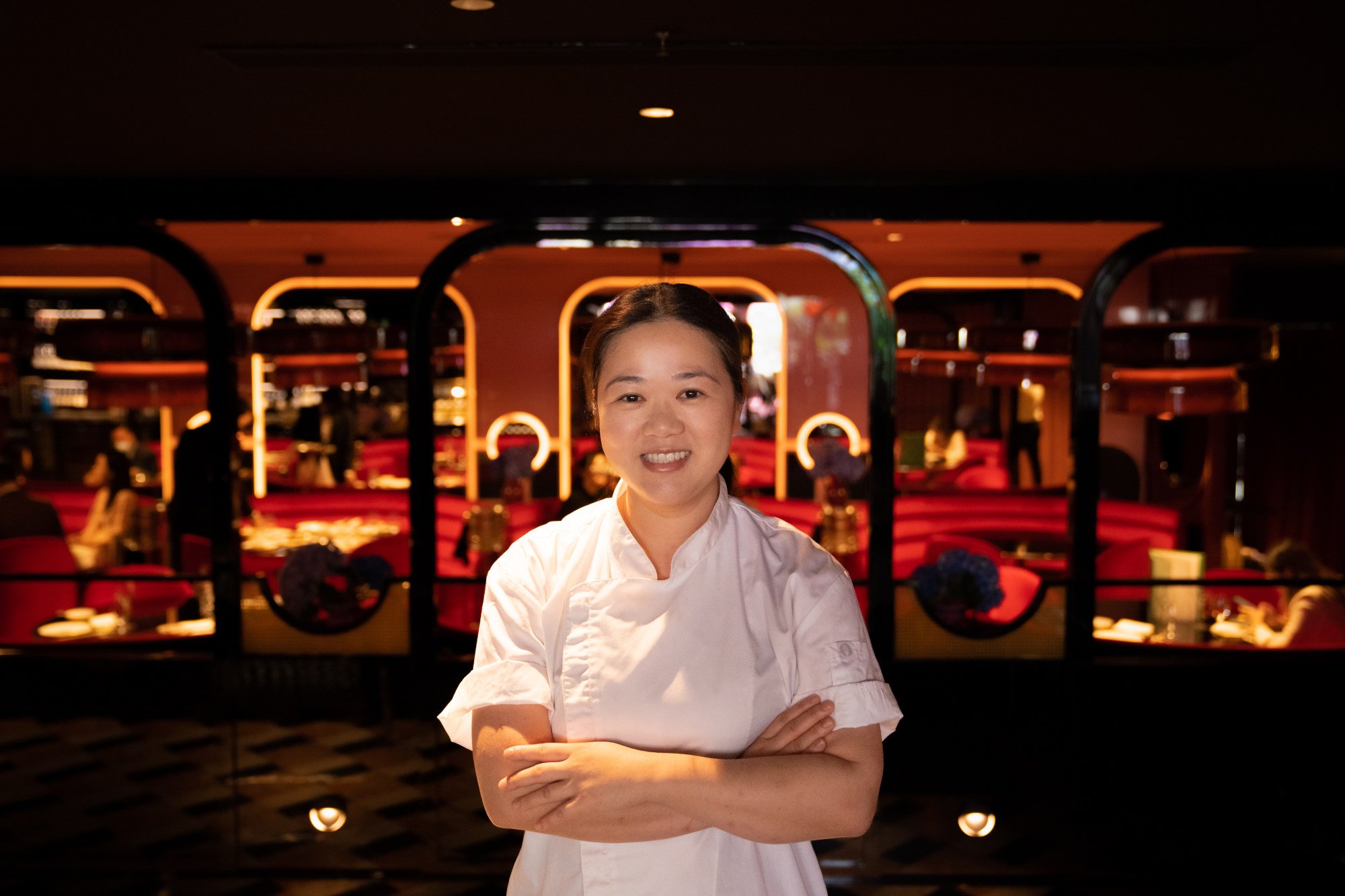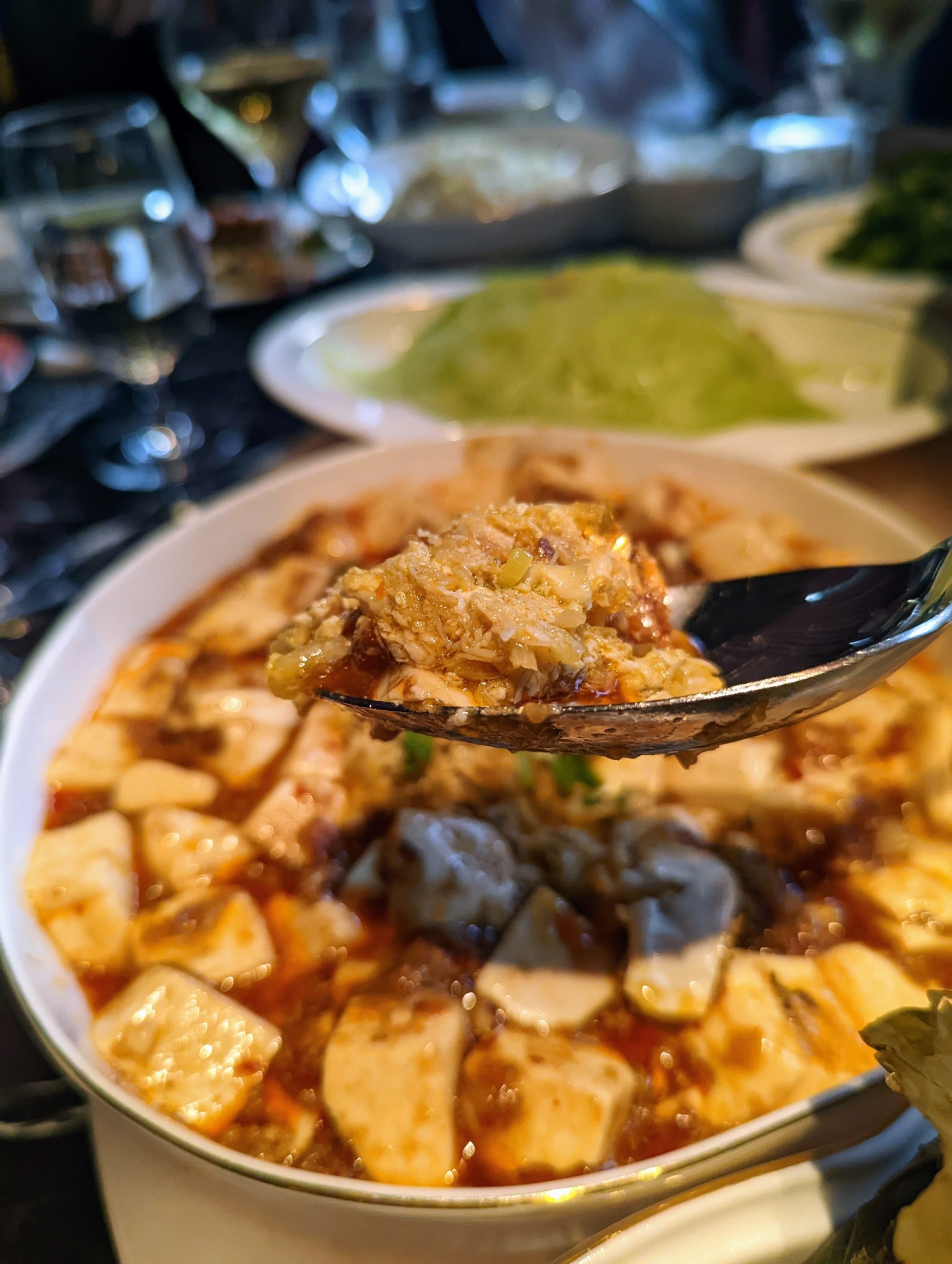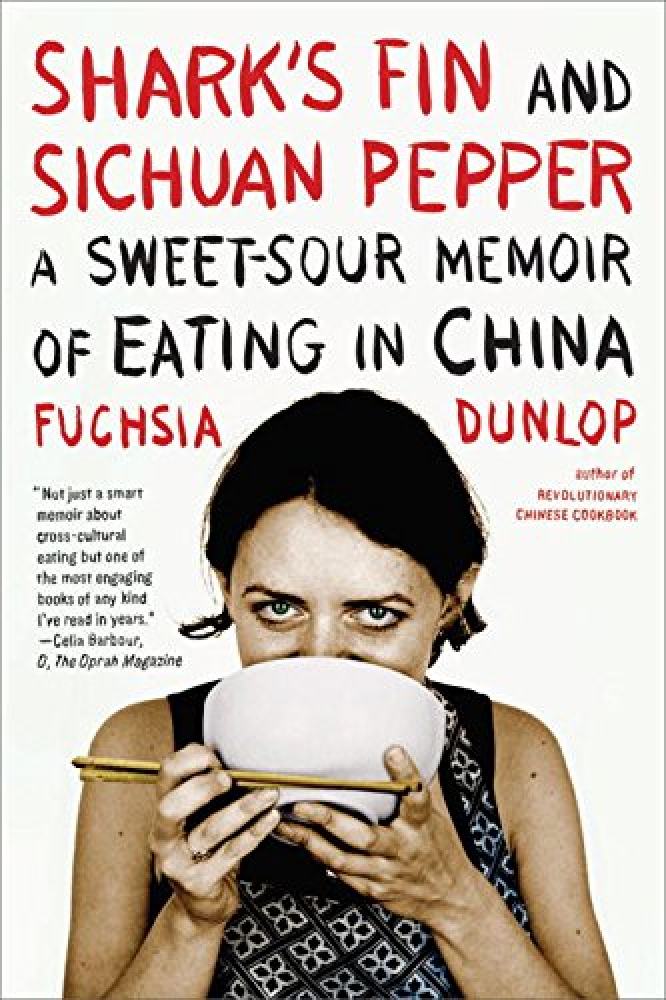
‘I really want to honour Chinese people’: award-winning author Fuchsia Dunlop on Sichuan food and cultural appropriation
- Dunlop developed a love of Sichuan food while she was studying Chinese at Sichuan University in Chengdu and took a course in the region’s cooking
- Fluent in Chinese, she shot to fame with the publication in 2009 of her memoir Shark’s Fin and Sichuan Pepper, which was translated into Chinese
Cookbook author Fuchsia Dunlop is credited with decoding the world of Sichuan flavours for Western readers.
Hailing from Oxford in the UK, Dunlop studied English literature at Magdalene College, Cambridge. She first became interested in China through a subediting job at the BBC, which led her to take evening classes in Chinese, and earn a British Council scholarship to study for a year at Sichuan University in Chengdu.
“When I was in [Sichuan] I heard about this famous cooking school, and a German friend and I persuaded them to give us some private classes,” recalls Dunlop. “At the end of my university course the cooking school invited me to enrol in the chef’s training course, and I did. The class was made up of 50 Sichuanese men and two women.”
With the ability to speak, read and write Chinese, she was able to research and gain deep insight into the food culture of China. Shark’s Fin and Sichuan Pepper: A Sweet-Sour Memoir of Eating in China, published in 2009, shot Dunlop to international fame.

She has since written other books, including Land of Fish and Rice: Recipes from the Culinary Heart of China, published in 2016, an award-winning collection of recipes from the Jiangnan area in eastern China. Her books are translated into Chinese and are wildly popular in China – something she says is “surreal”.
“I never expected my books to be published in China,” she says. “I was writing for Western readers when I started. It was already quite amazing when Shark’s Fin and Sichuan Pepper was published in China.”
Ex-Singapore cop and MasterChef winner on his Nyonya restaurant in India
Asked how she felt her work navigated cultural appropriation, Dunlop is upfront.
“I am very conscious that I’m a foreigner,” she says. “I really want to accurately reflect what my teachers taught me and respect the culture. I’ve been very lucky to have been supported by the wonderful people of China for all these years and I like to see it as a kind of collaboration.
“I really want to honour Chinese people. With my books, I don’t want to do recipes that are just good enough for foreigners. I want to write recipes that can be cooked [by] the Chinese.”

Dunlop served as culinary consultant for Grand Majestic Sichuan, a modern Sichuan restaurant in Central, Hong Kong, and recently collaborated with head chef Theign Phan to come up with a fiery new menu.
One of the menu items was the product of a home-grown collaboration.
“When Shark’s Fin and Sichuan Pepper did quite well in China, my friend who was a hairy crab vendor in Shanghai wanted me to make a cooking video for him using his product,” Dunlop recalls. “I thought it would be fun to make a mapo tofu – a minced meat and spicy sauce tofu dish – but use hairy crab instead.

“Of course this could also be seen as a crossover of the regionally seasonal dish, hairy crab tofu, that they have in Shanghai without the chilli.
“We all had fun making the video and the resulting dish was really delicious.”
The crabmeat doesn’t lower the spice level as well as minced meat in the traditional recipe. However, the granular fat of female hairy crab alongside the creamier fat from the male creates a symbiotic harmony between spice and fatty aroma on the palate.
The hairy crab roe with tofu and Sichuan peppercorn packs quite a punch as a result, and is best eaten with rice.

Dunlop’s Mandarin is more fluent than that of many residents of Cantonese-speaking Hong Kong, and her in-depth knowledge of Sichuan food is at a scholarly level few can match.
Her uniqueness lies in her creativity, in marrying her knowledge with her identity to create delicious food – like making bang bang chicken with leftover turkey on Boxing Day, or turning mince pie filling into jiaozi (dumplings).
“After almost 30 years, I am a much better Chinese cook than I am an English one now,” she says. “The only knife I use is a Chinese cleaver and when I cook, I actually think of the steps in Mandarin.”

